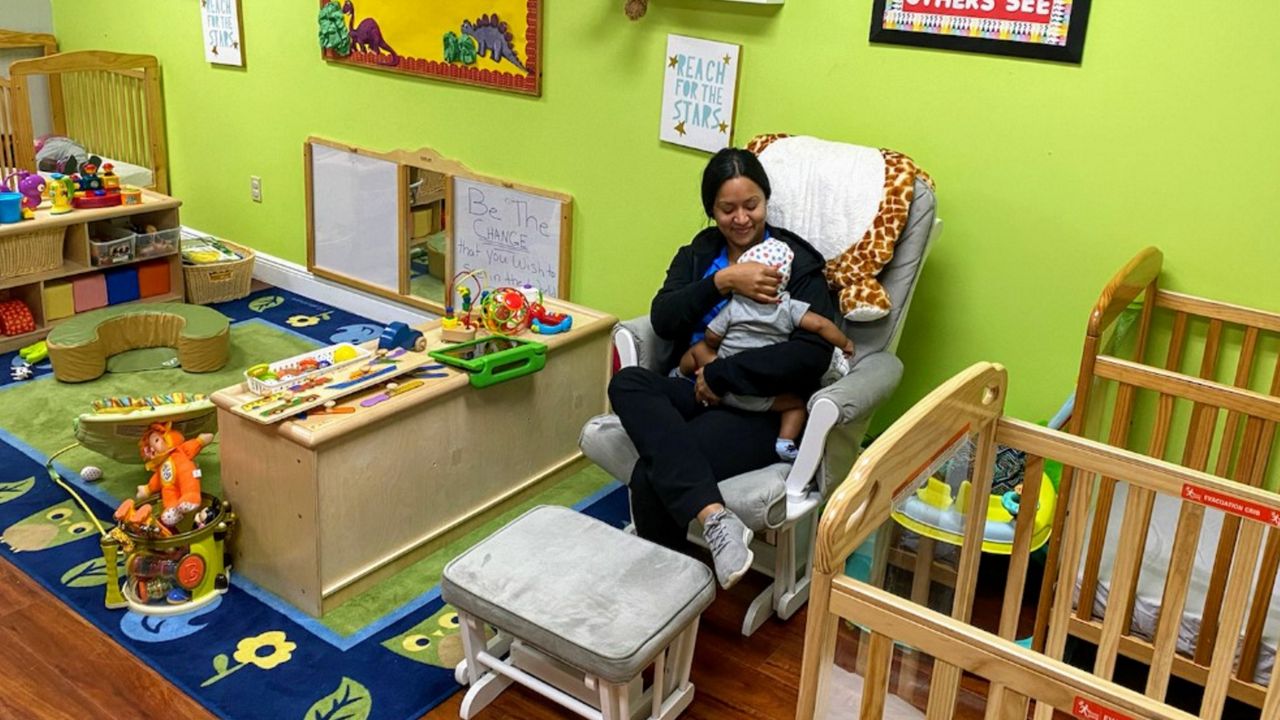ORLANDO, Fla. — A major Orlando homeless shelter provides a statistic that underscores the coronavirus pandemic’s effect on everyday residents: Some 42 percent of the people who have sought shelter there since early August declared themselves homeless for the first time.
What You Need To Know
- Coronavirus significantly affects shelter’s operations, donations
- More than 40% 1st-time homeless there since early August
- Official expresses concern about expiration of eviction moratorium
That’s merely one example of the ways in which COVID-19 has affected the Coalition for the Homeless of Central Florida and the residents it serves.
“It's impacted our day-to-day operations in almost every way imaginable,” said Meredith Bekemeyer, director of development for the Coalition, which calls itself the region’s biggest direct-services provider for the homeless.
The shelter’s adjustments and response offer a glimpse into the pandemic’s financial, operational, and psychological effects on businesses, organizations — and especially people.
The Coalition provides shelter, meals, and other services for up to 500 homeless residents a day on its campus near Camping World Stadium in downtown Orlando. It says it also works to get them into permanent housing.
The shelter finds itself bracing for October 1, the expiration date of Gov. Ron DeSantis’s moratorium on evictions and foreclosures.
“When that moratorium expires,” Bekemeyer said, “we’re expecting to see a pretty significant increase in the number of folks that turn to us for services.”
As of Friday, the shelter said it housed 87 children ages 18 and under, including infants who received day care. About 25 children participated in a daily youth program that focuses on mental health and life skills, plus provides a place to connect for online schooling.
In response to the pandemic, the Coalition says it intensified sanitation, renovated dorm rooms, and staggered meal times at the shelter to promote social distancing, among other guidance from the Centers for Disease Control and Prevention.
Social distancing protocols also prompted the organization to suspend some volunteer activities, including a program in which community members would provide food to serve at its campus. That has increased the Coalition’s expenses more than 10 percent, by about $11,000 a week, Bekemeyer said.
Also, “there's a lot of uncertainty around donations, and we've unfortunately had some donors who... are not able to continue their support right now,” she said.
That fallout comes as the shelter sees increased need from its homeless residents and people in its neighborhood. After the pandemic hit, the shelter increased daily meals from two to three.
It also has seen increased participation in its daily community outdoor dinners, which serve anyone besides shelter residents in need of a hot meal. That program has been serving up to 150 per night, compared with 100 or fewer before the pandemic, officials said.
At one point recently, “we were feeding as many people outside as inside,” said Rick Humphries, the Coalition’s food services manager.
He emphasized safety measures that aim to keep residents and workers safe.
“We will affect nearly 500 or 600 people today,” Humphries said Friday, “so it’s extremely important that (what comes in here) and goes back out stays as safe as possible.”
Bekemeyer added: “I think there is more and more research that seems to be coming out about the mental health implications of all of this. As you can imagine, being homeless, you're in a very vulnerable situation. I mean, no one expects to be homeless. That's one of the things we hear the most from our guests: ‘I never expected to be homeless.’ ”
She said the pandemic adds to “the stress that they’re already facing.”




